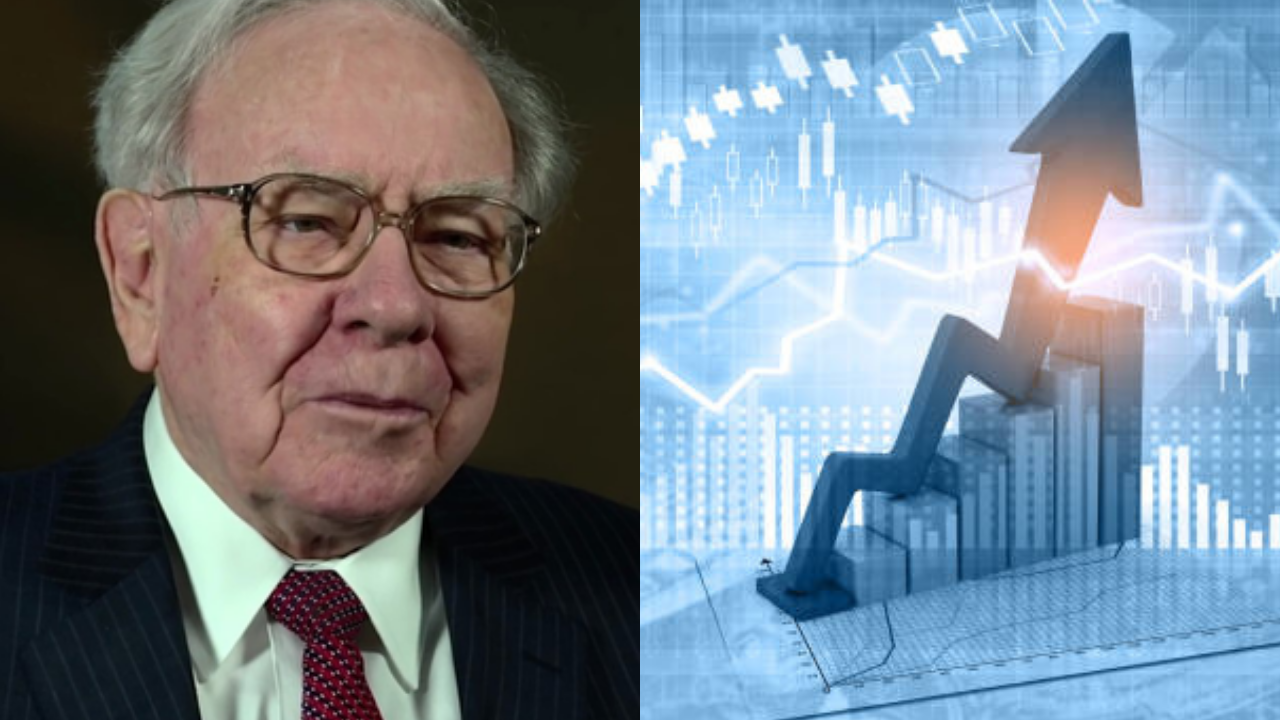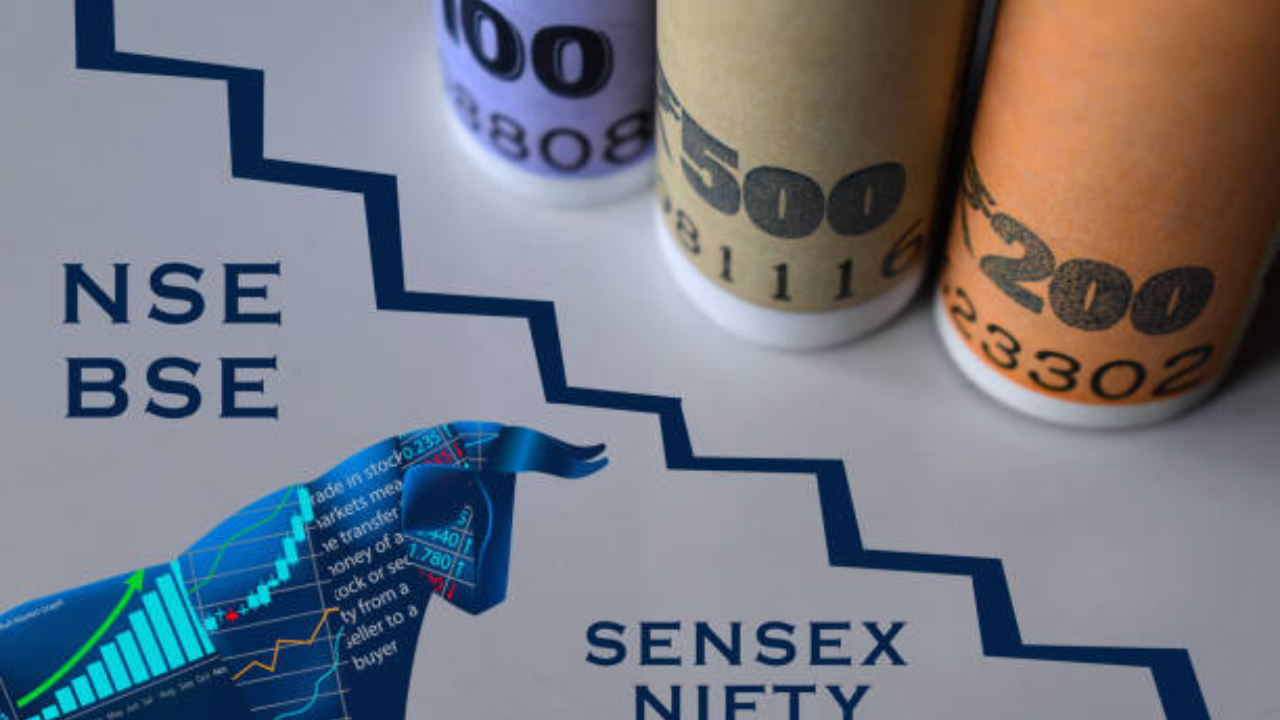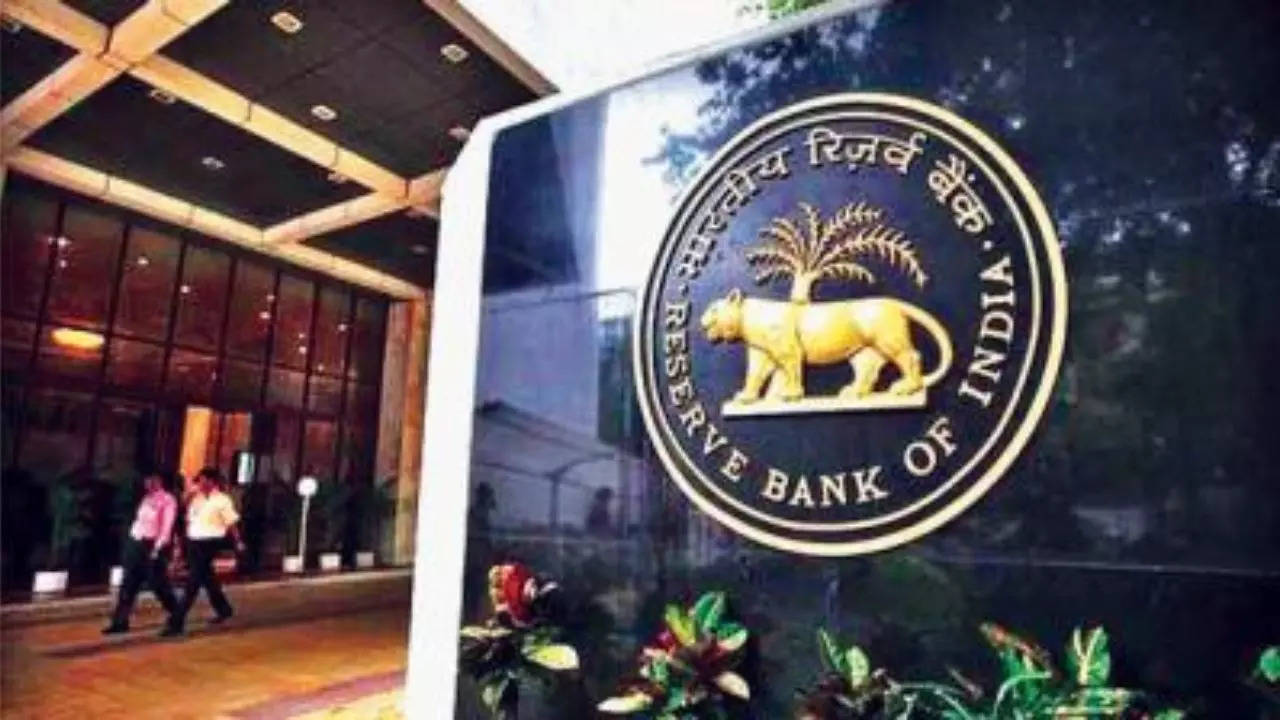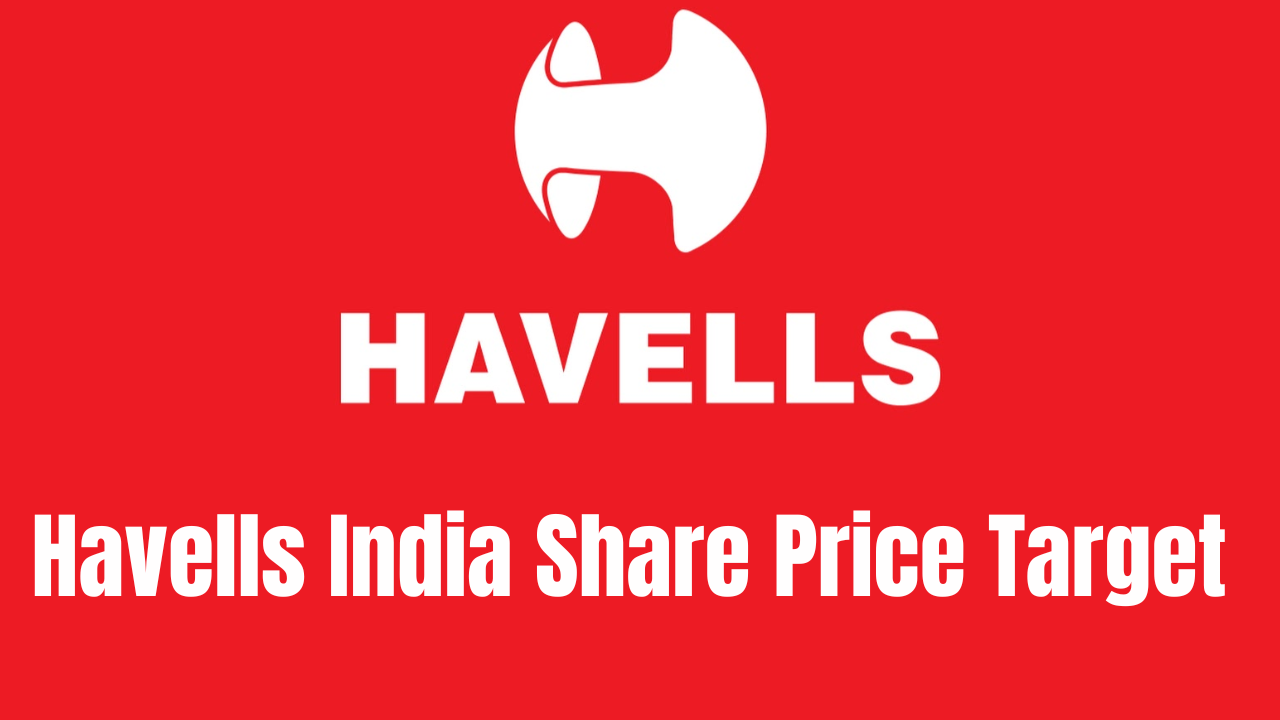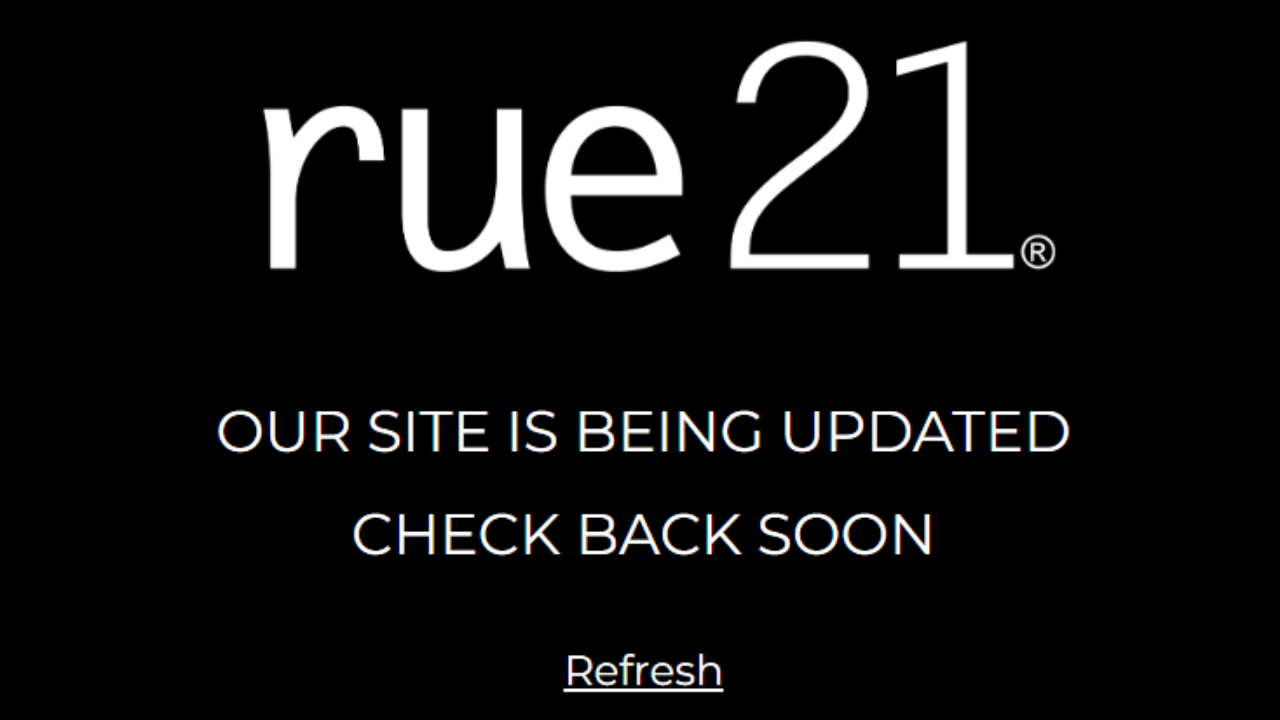

Sebi Cracks Down on Investment Advisory Firm (Image Source: iStockphoto)
Financial influencer Ravindra Balu Bharti has been instructed by the Securities Exchange Board of India (Sebi) to reimburse over Rs 12 crore, which he purportedly acquired unlawfully.
The directive mandates Bharti to transfer the sum to an interest-bearing Escrow Account established for this purpose in a nationalized bank. Sebi has stipulated that the amount credited to the Escrow Account will be subject to a lien in favor of the regulatory body and cannot be released without its explicit consent.
Ravindra Balu Bharti, along with his wife, Shubhangi Bharti, established Ravindra Bharti Education Institute Pvt Ltd (RBEIPL) in 2016, primarily focusing on stock market trading education. Bharti served as a director of RBEIPL from February 2016 to October 2023. Sebi’s interim order targets RBEIPL, Bharti, his wife, and current directors Rahul Ananta Gosavi and Dhanashri Chandrakant Gosavi, alleging their involvement in unregistered investment advisory activities.
As a result of Sebi’s investigation, the implicated individuals are prohibited from providing investment advisory services and engaging in securities trading until further notice. The regulatory body’s order specifies the impoundment of Rs 12,03,82,130.91 from RBEIPL, representing the total illicit earnings from its purported unregistered investment advisory business.
Sebi’s order said, “An amount of INR 12,03,82,130.91 being the total unlawful gain earned from the alleged unregistered investment advisory business, shall be impounded from Noticee no. 1 (Ravindra Bharti Education Institute Private Limited),”
Ravindra Bharti’s online presence includes two YouTube channels, “Bharti Share Market Marathi” and “Bharti Share Market – Hindi,” boasting 10.8 lakh and 8.22 lakh subscribers, respectively. Sebi, as a statutory entity, prioritises safeguarding investors’ interests.
The regulatory order underscores the breach of investors’ trust and the exploitation of systems for personal gain by entities like RBEIPL. It criticises the dissemination of misleading information, such as promising returns of up to 1000 per cent, as an abuse of investors’ confidence.
The investors were enticed with projected returns ranging from 25 to 1000 per cent, contingent upon detailed agreements outlining investment terms and conditions, fees, and profit-sharing arrangements.



